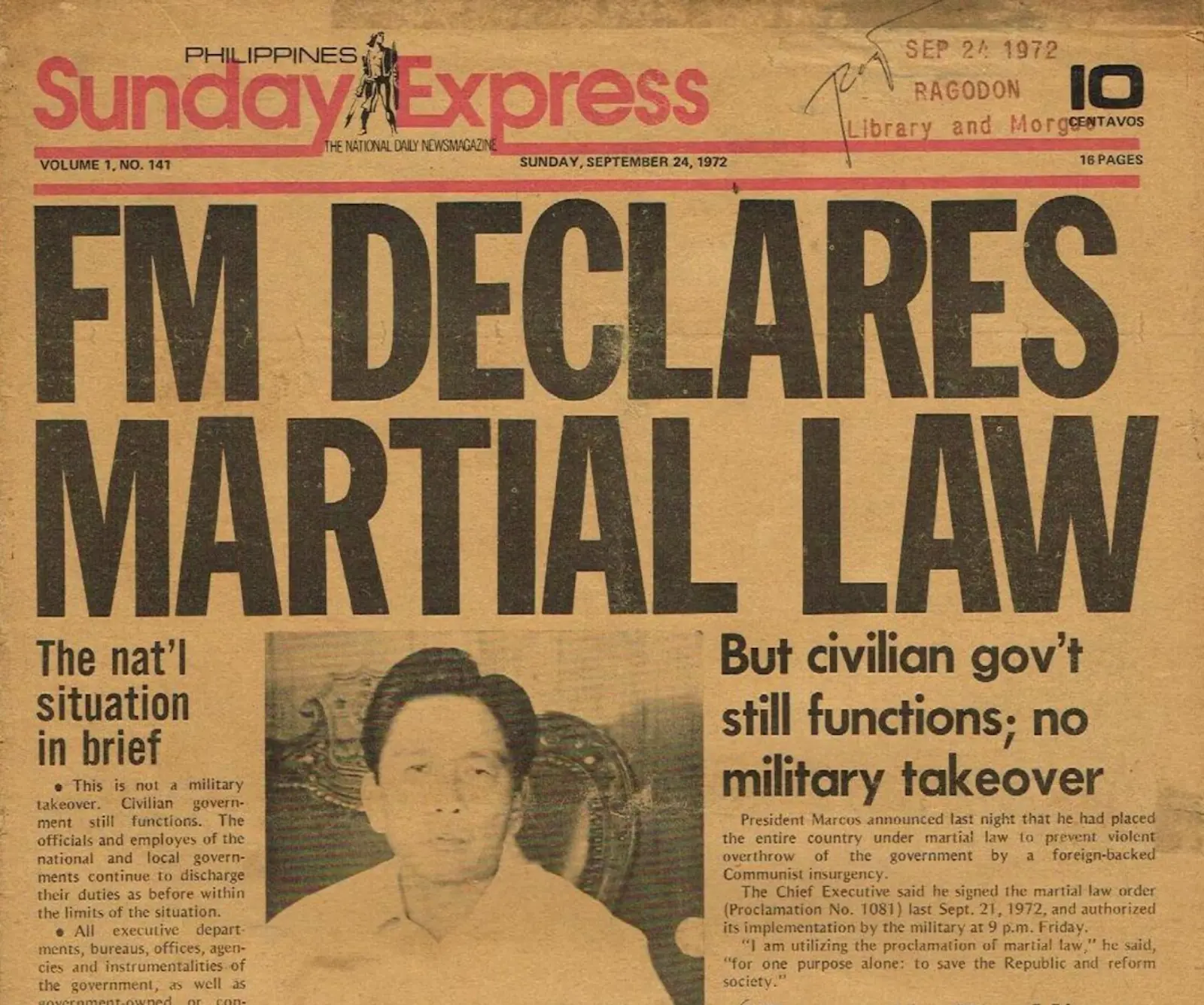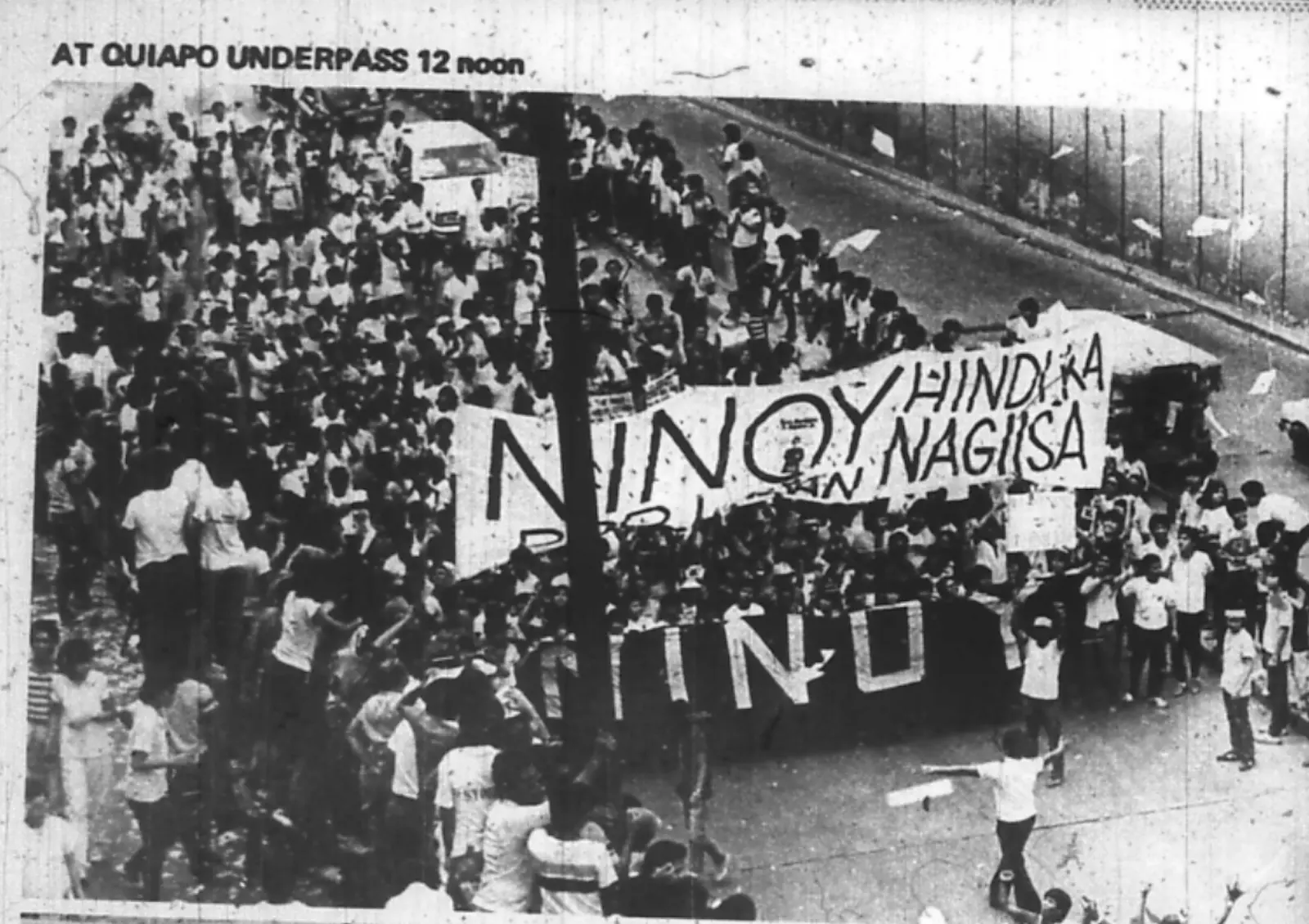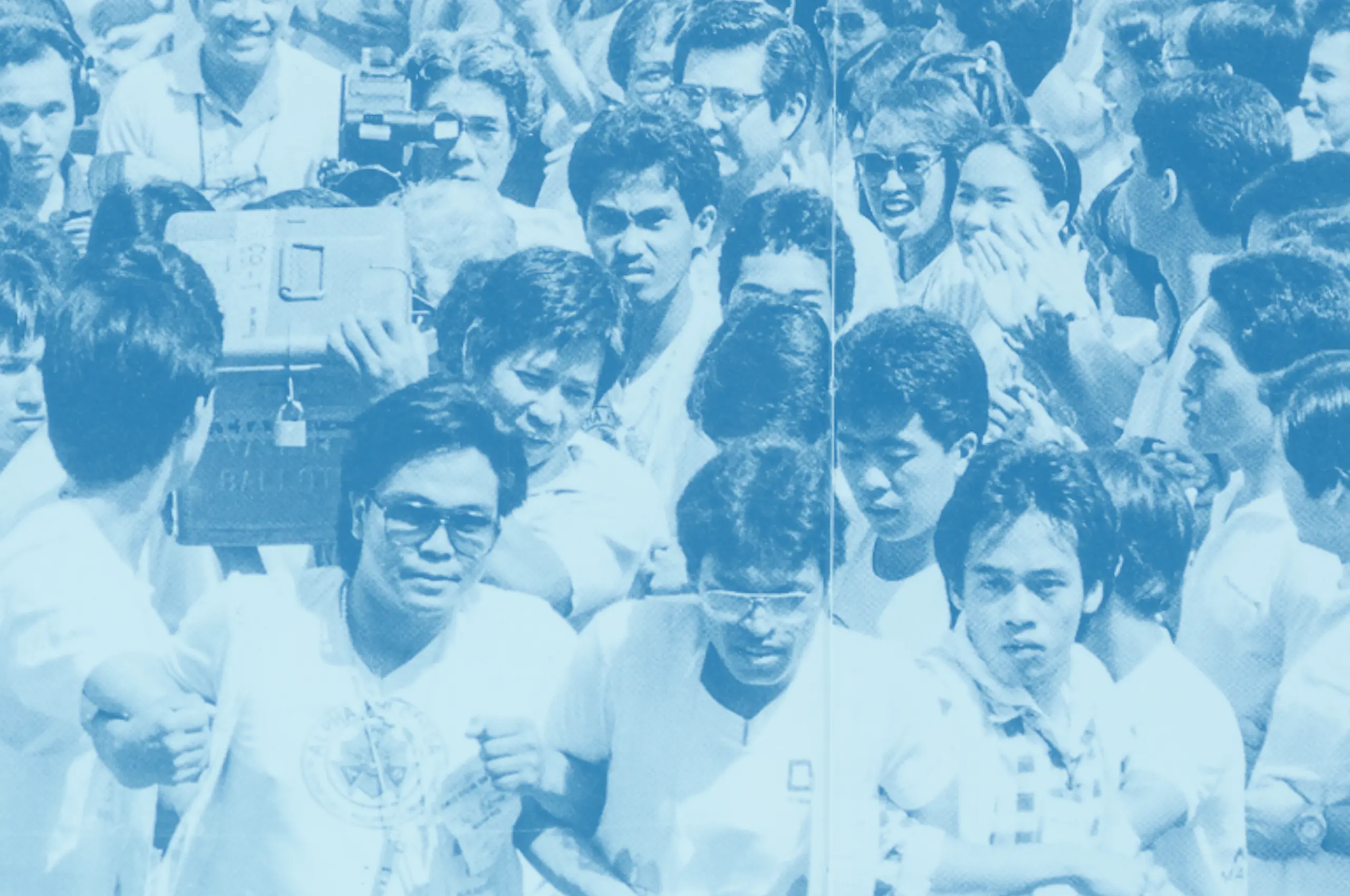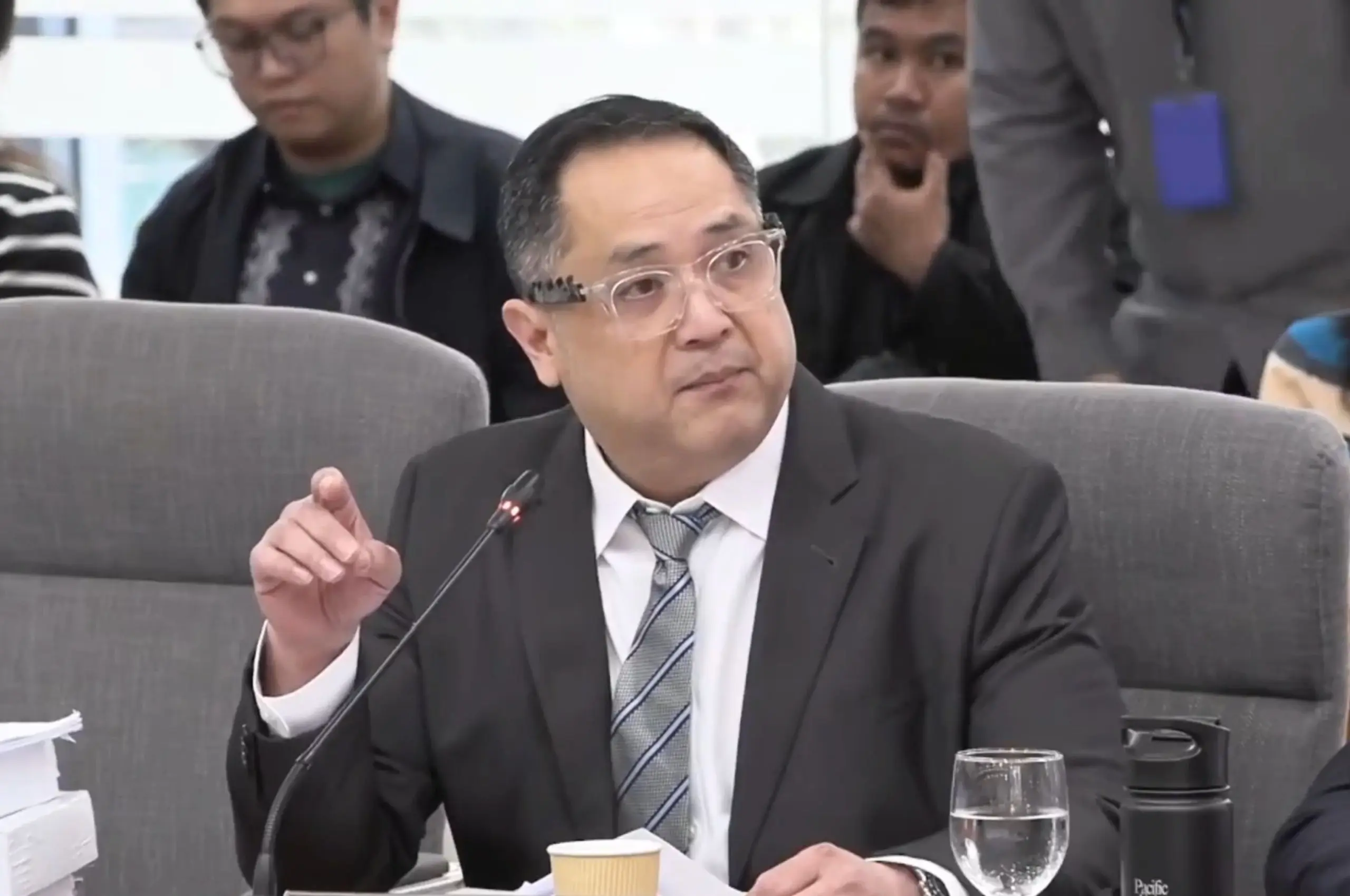The history of martial law is dark, brutal, and — despite hundreds of personal accounts, articles, and academic texts on the subject — frustratingly nebulous. For Filipinos who lived through the era of military rule declared by former president Ferdinand Marcos Sr., memories of the period often differ sharply depending on political leanings.
For those born after martial law, that chapter of Philippine history can seem so distant and clouded by clashing accounts. So much so that there is a deep, running concern that a new generation of Filipinos may forget the era entirely. To combat this act of forgetting, websites like the Ateneo Martial Law Museum and Library (AMLML) have surfaced to preserve the messy, violent truths that come with martial law.

The AMLML website unfolds like a compendium. Clicking through its pages, website guests can easily jump down a deep rabbit hole filled with sepia-scanned articles from Balita News, video interviews with protestors who pushed against the martial law regime, and even excerpts from major literary works critical of the Marcoses, including Lualhati Bautista’s Dekada ‘70 and Jessica Hagedorn’s Dogeaters.
AMLML also offers animated videos detailing what everyday life was like under martial law, a role-playing game that helps players understand the time between Marcos’ first inauguration and the 1986 EDSA People Power Revolution, and even a guide reading graphs that present real economic data collected during Marcos’ presidency. Every page is meant to serve as a lesson plan, a conversation starter, and as a way to fill in the gaps that history has left behind.
“It started in 2016, in response not only sa paglilibing kay Marcos, but also what was happening at the start of [former President Rodrigo Duterte’s] administration,” Oliver John Quintana told Rolling Stone Philippines. Quintana is a Coordinator of the AMLML and Assistant Professor at the Ateneo de Manila University’s Department of Political Science. “But it was also really about education. The tendency to talk about [martial law] is very academic. I’m not saying that’s a bad thing, but how do we make the material easier for Filipinos to digest?”
Never Forget

The library section of the AMLML is a collaborative effort between the Ateneo de Manila University, the Rizal Library, the University of Hawai’i at Manoa, and the University of the Philippines. However, getting the project off the ground has not been without its challenges. “Aside from the budgetary restrictions, I think the main challenge is to present everything in an accessible form,” said Quintana. “It’s one thing to see, but it’s another to react. We want people to come up with their own personal judgement on what this specific period has brought upon our country, and how the things that we face today — corruption, lack of healthcare — are effects of this very dark period in our history. The challenge is to be able to bring it closer to people.”
While the team behind the AMLML has recently begun to branch out to physical exhibitions — their most recent exhibit in September, organized alongside the Ateneo Library of Women’s Writing, highlighted the contributions of women journalists during that era — it is at its core a digital archive. “We learned from the pandemic,” said Quintana. “Digitalization has become a very important tool so that we would be able to share resource materials easier and faster.”
“The older generation might have its own version of what happened during that time,” continued Quintana, “and in some ways, some argue that martial law can be quite subjective as an experience. Not everyone experienced the horrors of it. But at the same time, when that conversation begins, the fact that it has started is already a good sign. The most powerful vehicle to get to the truth and what really happened is through effective storytelling. That is how we must connect the past to the present.”







